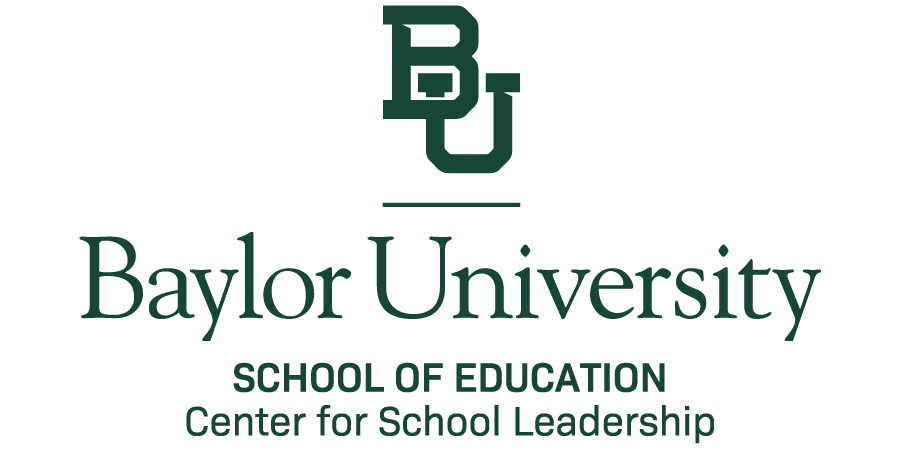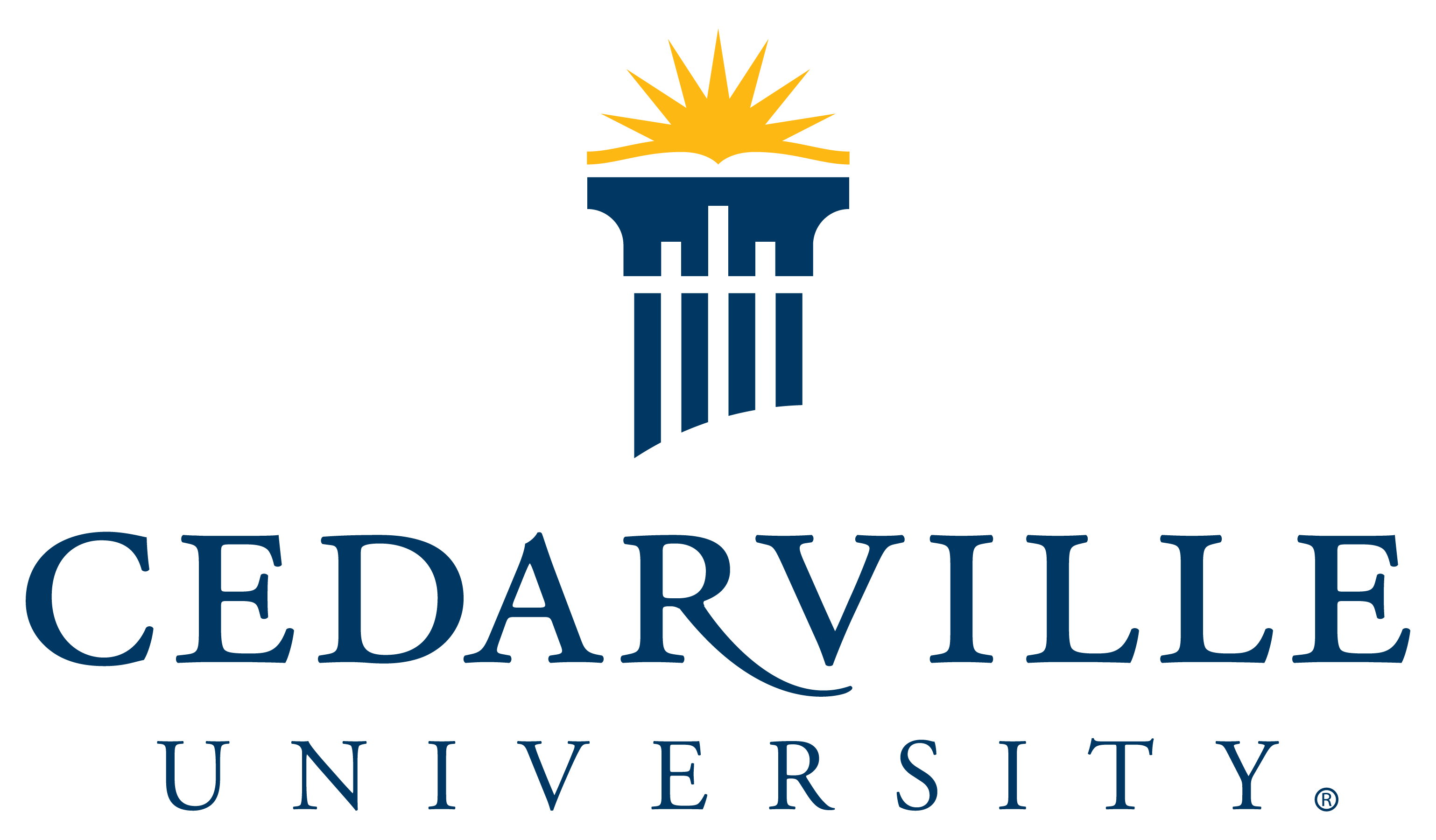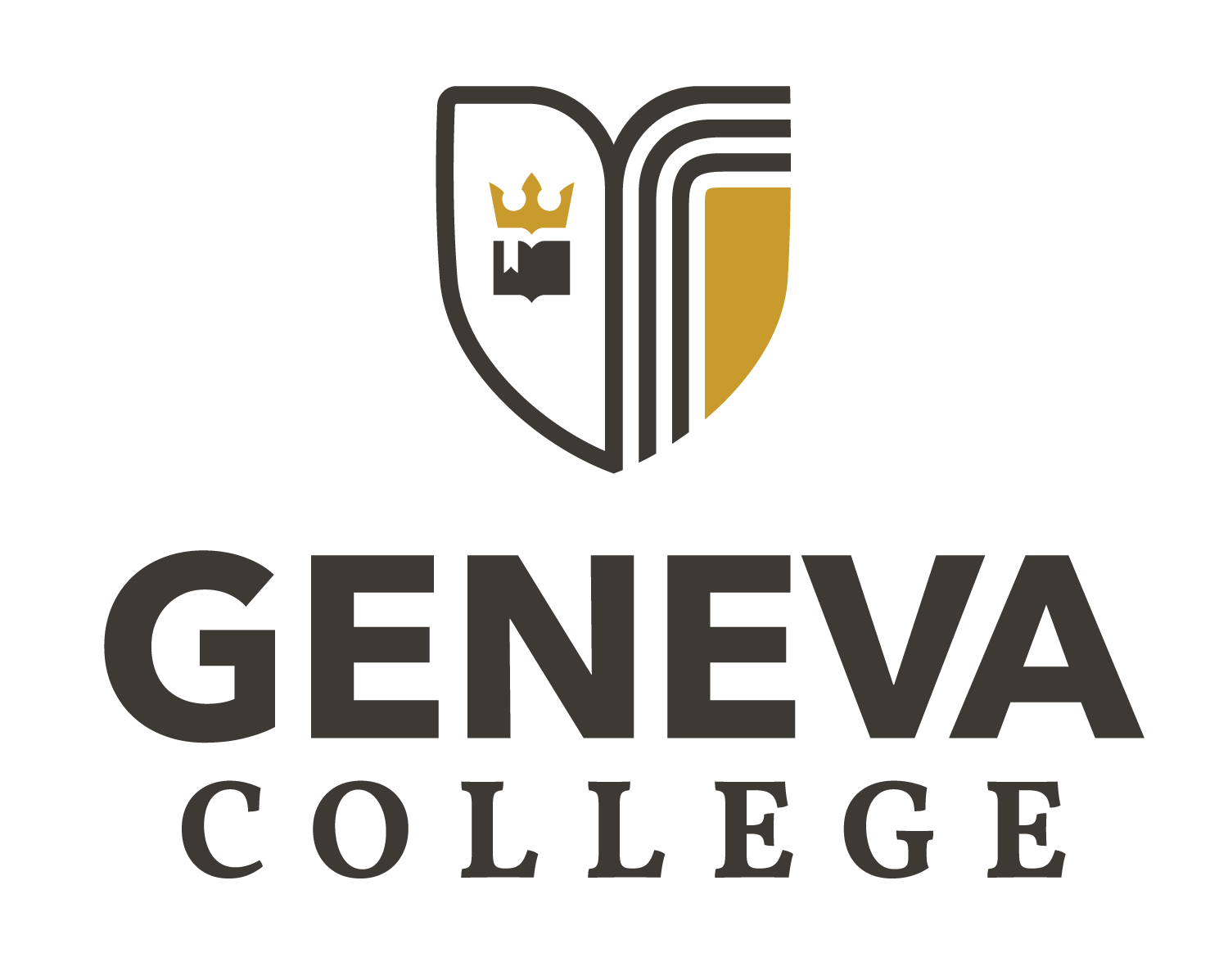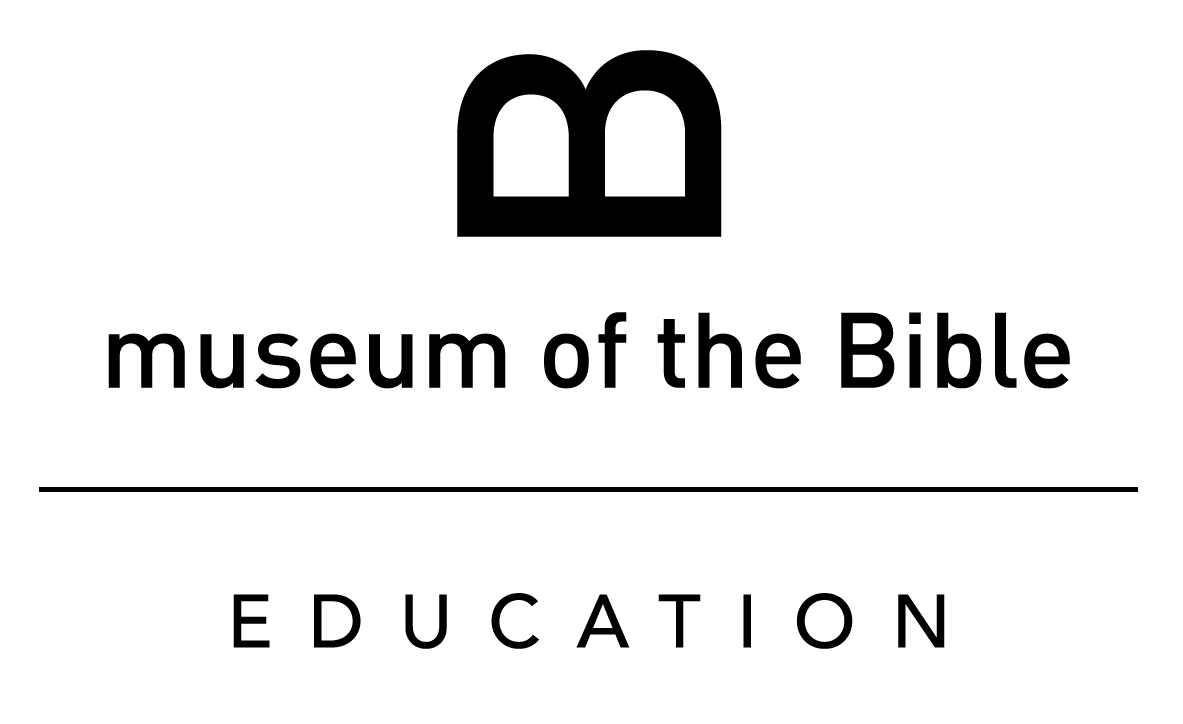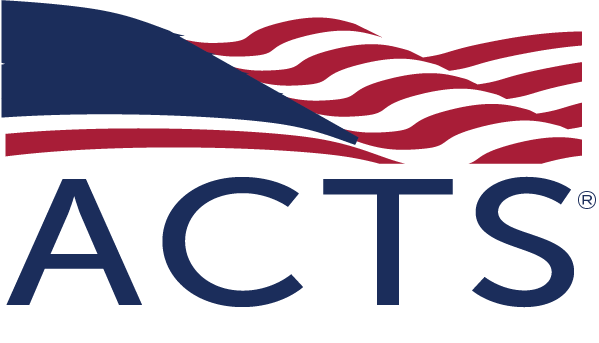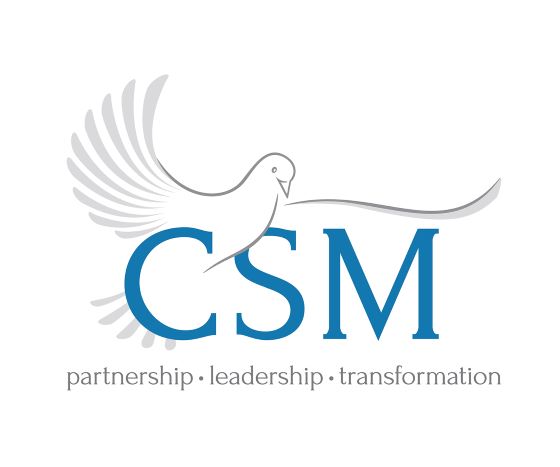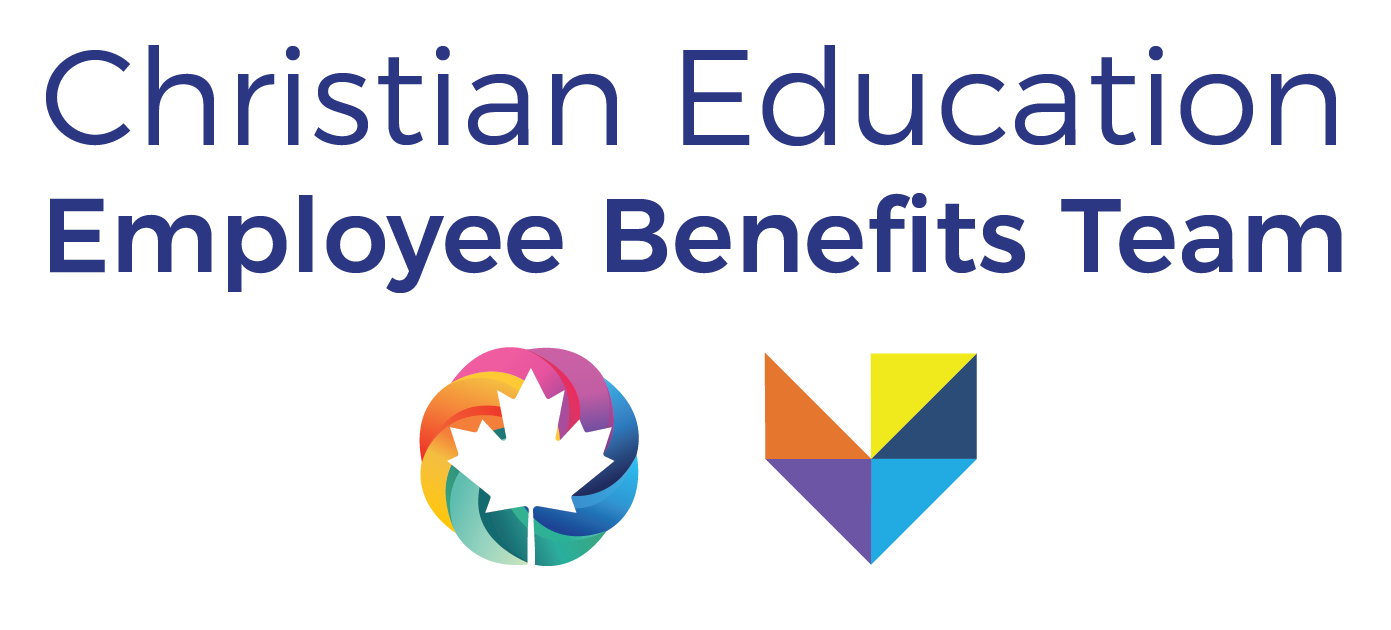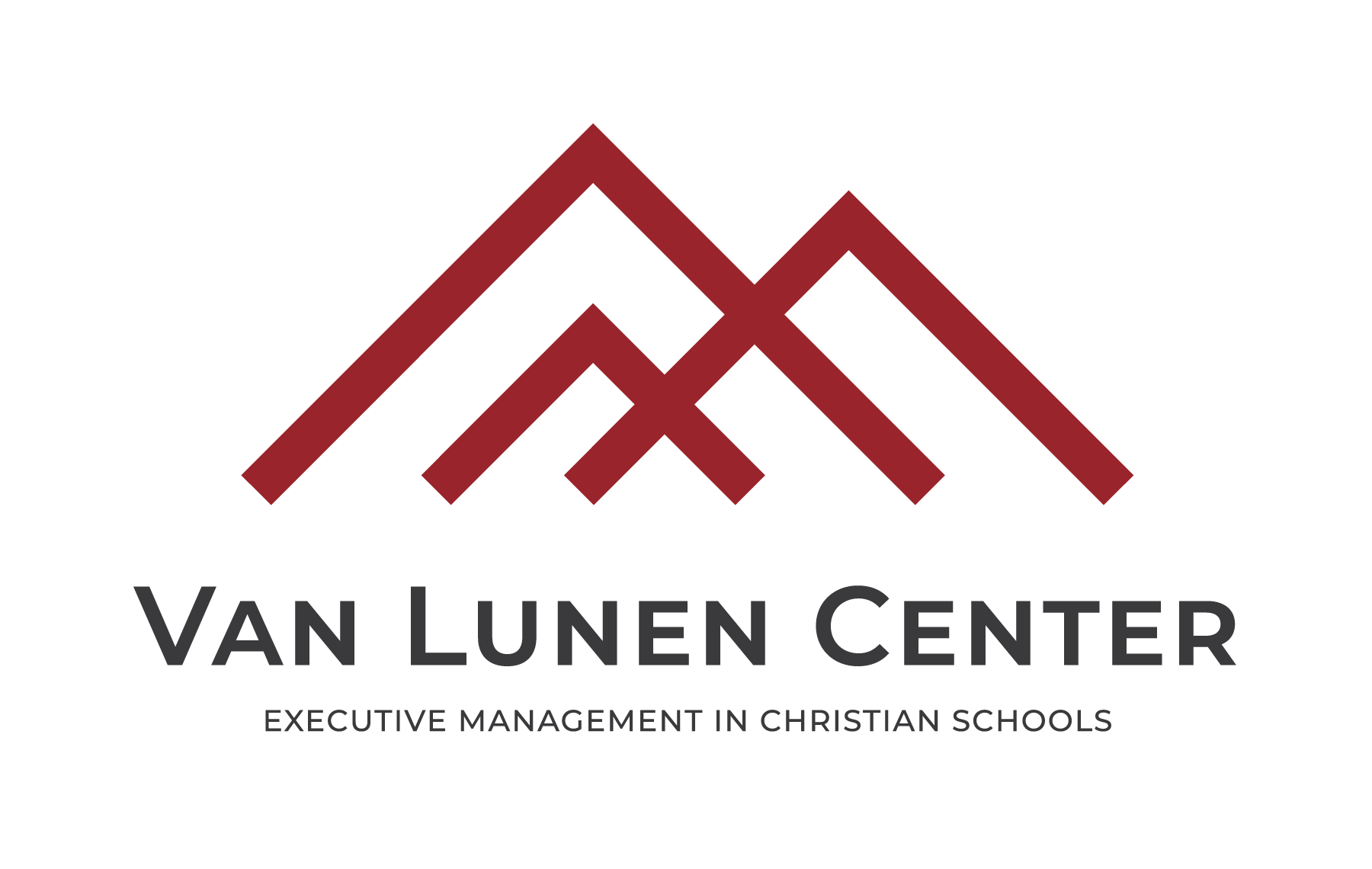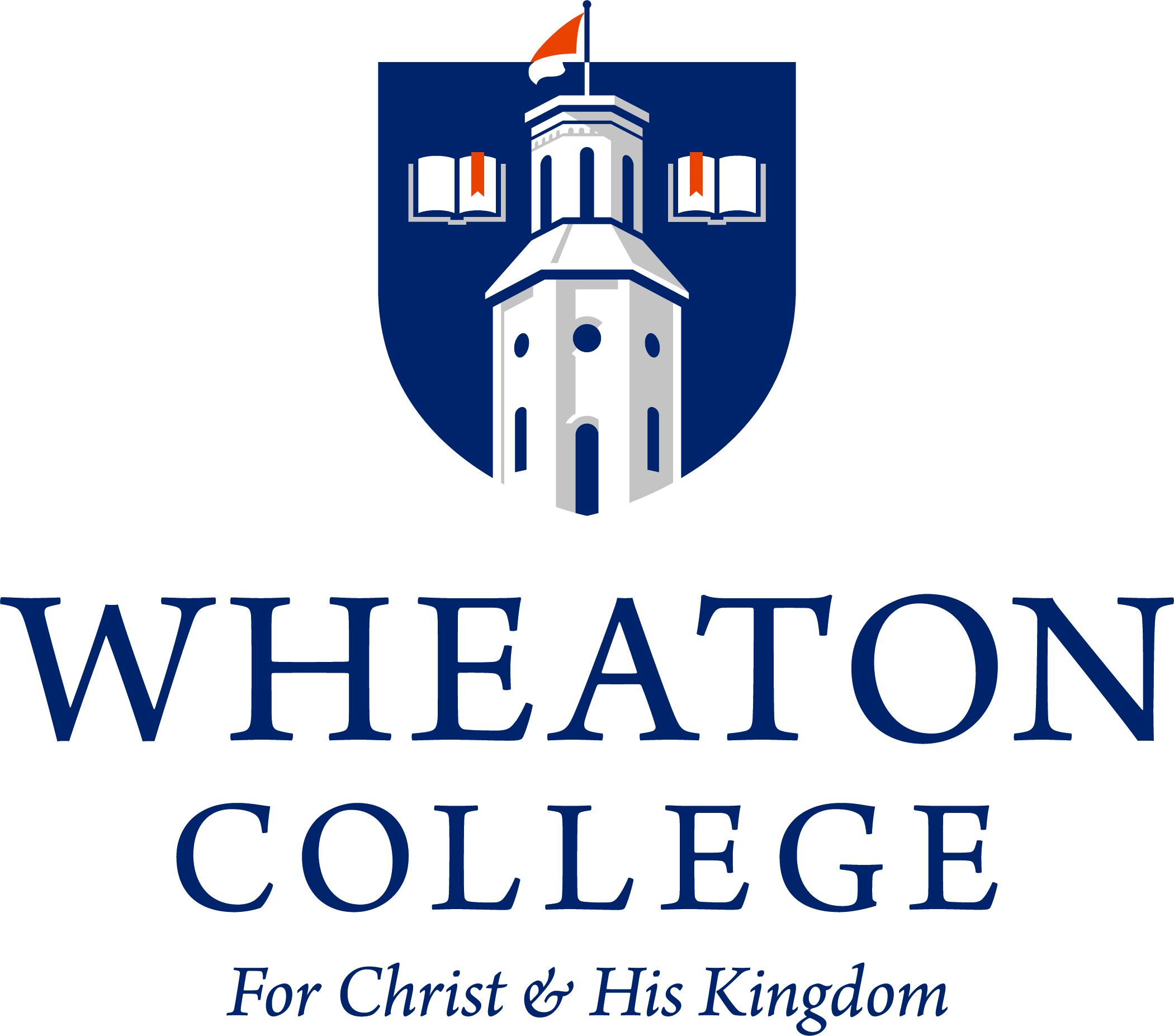“If you want to go fast, go alone; if you want to go far, go together” is a phrase that the Center for the Advancement of Christian Education (CACE) has used often, describing the energy and impact of what can happen when you are part of a network of schools pursuing similar missions. Often cited as an African proverb, this phrase has been recently quoted by a politician (Cory Booker), a vice president (Al Gore), and a successful investor (Warren Buffet). These three individuals’ uses of this phrase were in the context of a global optimism—whether that optimism was to be found in a national political party pursuing a transformation, from pessimism to optimism, or venture capitalists on working together on a significant real estate investment.
Whether this phrase originated in Burkina Faso or Buffett’s boardroom, the universal truth of this phrase speaks to the reason for Converge 2022. However, simply attending Converge would be an evasion of your duty as a leader in the Christian education movement. The Christian school movement needs your active participation, your unique voice that is found in your story, and your experienced-based knowledge. When these inputs come together—good people, interesting stories, and experience-based knowledge—the results are significant. Articles, new projects, and unlikely alliances emerge. The past two Global Christian School Leadership Summits give evidence to such outcomes. And one could reverse these input-outcomes at an event like Converge—inputs of articles, projects, and unlikely alliances have resulted in good people, interesting stories, and experience-based knowledge.
What happens when those good people have different perspectives? What happens when I cannot resonate with a story being told? What happens when my experienced-based knowledge contradicts the experience-based knowledge of the person I am talking with or listening to? In cognitive psychology, this is “the moment”—the moment where we experience such a state of imbalance, of disequilibrium that we are required to develop new schema or modify existing schema. If you have been a classroom teacher, you have experienced this moment, creating a learning experience that brings students to this cognitive imbalance. And then you reach out a metaphoric hand—maybe through a verbal clue or a demonstration or any other guide-by-the-side approach—and help them regain balance.
This imbalance reminds me of the story of our friend Peter, found in Matthew 14. Peter is found with the disciples in a boat, amid a windstorm. They encounter Jesus, walking on the water. Not sure if it was really Jesus, Peter proposes a test: “Lord, if it is you…tell me to come to you on the water.” A courageous test. Jesus says “Come” and Peter gets out of the boat and walks on the water. Until the moment that he sees the wind, becomes afraid, and cries out “Lord, save me!” Peter thought he knew what he was doing. He was miraculously walking on water. And then the moment when his courage left him, momentarily, and he needed Jesus to help him. Immediately, Jesus reached out his hand and caught him. “You of little faith,” he said, “why did you doubt?”
I think the order of operations is critical in this part of the story. Picture Jesus first reaching out his hand to help Peter and then Peter looking up after he has regained his balance. I envision their eyes locking, the warmth of Jesus’s love and care conveyed in that moment. I think Jesus recognized Peter’s courage in this moment and his outstretched arm offered hope. In this moment, we are told again that Jesus reminds us of our weakness and that in that weakness, he remains with us. We are also reminded that Jesus reveals to us his strength; He invites us to walk with him as he leads us to the cross and the empty tomb. We do not walk alone. His reminder, remaining, and revealing allow us to lead courageously.
The disciples were certainly a group of people with a variety of perspectives, asked to first follow and then lead courageously. From fisherman and a tax collector to a zealot and a thief, one can imagine the conversations had along their courageous journey of bringing hope—literally the Hope of the World—to the people. Converge will encourage us to lead courageously and to offer renewed hope. School leaders need to passionately do both, to lead with the courage of Peter and to bring hope to the families we serve, families coming to us for a growing variety of reasons. Converge will be a gathering of people with different perspectives, people and perspectives that will help us lead courageously and bring hope—good people with interesting stories and heaps of experienced-based knowledge.
This is a globally optimistic time for Christian schools. The reckoning of the pandemic has opened opportunities for Christian schools that did not exist before COVID-19 and its variants. More families are seeking out schools that are fully in-person than remote and, for many, that means switching to an independent school, despite the cost. The social and political issues of our day have resulted in families thinking more deeply about whether the curricular program and values a school teaches align with their own. Both phenomena result in faith-based schools considering or even redefining what is a mission-fit family. Responding to these opportunities results in courageous conversations and decisions about who we hire, what we teach, and how we teach.
It would seem to be foolish to try and do this alone. If you want to go fast, go alone—but if you want to go far, come with us, and be challenged by people and ideas different than yours. Engaging in the work of Christian schooling is far more fun, risk-mitigating, exciting, and rewarding when you engage with others.
Let me close with one of my favorite quotes from the best school custodian of all time, Bob Axtell. Bob and I were having a disagreement about a facility decision. We were able to share our differing perspectives on which direction we should go, consider one another’s point of view, and come to an agreement on the next steps. At the end of the conversation, Bob said “Tim, this has been a good conversation. You know, if we agree on everything, one of us isn’t necessary.”
Come to Converge and get thrown off balance by good people who, like Peter, have been reminded of our weaknesses but know the One who remains with us and reveals to us his strength.



